Dundee University’s revised recovery plan is a welcome step forward that no one should mistake for a happy ending.
Interim principal Professor Shane O’Neill deserves credit for steadying the university in an almost impossible situation.
Faced with a £35 million deficit, furious staff and the erosion of political support, he worked quickly to revise a plan that softens the immediate blow to the university community and restores some stability.
But let’s be clear: it was not consultation that provoked the change of heart. It was strong-arm tactics from the Scottish Government, despite its insistence that the university is autonomous.
New plan is a compromise
Ministers made clear that the original plan – with more than 600 job losses – was politically unacceptable.
The university’s new path is therefore a compromise designed to navigate political pressure as much as respond to financial need.
That trade-off creates new dangers.
By relying solely on voluntary severance, Dundee risks the departure of talented staff it cannot afford to lose, while preserving roles that add less to its future strength.
Without the ability to shape departures strategically, the university may find itself weakened in ways no leader would choose.
And the plan’s financial assumptions are far from guaranteed.
Major new public funding is still under negotiation. Commercial borrowing must still be secured and then repaid at potentially significant cost.
Meanwhile, Dundee must compete for students in an increasingly challenging market, with no guarantee that the shadow of crisis will not deter applicants.
UK Government policy decisions also play a major role in the wider crisis across the higher education sector. The tightening of immigration rules, making the UK less attractive to fee-paying international students, shows no sign of changing. Dundee University is paying the price.
Other external forces add further risk. Inflation, interest rates and global instability all threaten fragile budgets.
And next year’s Holyrood election also looms large.
A change of government could tear up current funding discussions overnight, leaving the university’s future hinging on short-term political goodwill.
Nor can Dundee assume special treatment.
Other Scottish universities face serious financial challenges. Without a broader solution to the broken model of higher education funding, the problems will inevitably recur and spread across the sector.
In that context, Labour’s Michael Marra deserves praise for galvanising the political pressure that forced the government to act and for keeping the crisis firmly on the national agenda.
Ministers who had initially been reluctant to intervene moved significantly – and that shift helped make this alternative plan possible, even if the dangers remain.
The Courier believes Dundee University is not just important – it is essential. It is a centre of research that changes lives, a driver of economic growth and a symbol of the City of Discovery’s ambition and pride.
Dundee’s future is inseparable from the university’s success
Dundee’s future is inseparable from the university’s continued success.
Allowing it to decline would be a betrayal of not just the university community but Dundee and the wider Tay region.
That is why the path forward must be more than cautious recovery.
It must be a bold reimagining of what Dundee does best – investing in world-class teaching, research and innovation.
It must be open and accountable at every turn. And it must be accompanied by a wider reform of Scotland’s higher education system as a whole.
This is not the time to patch over the cracks at huge public expense – only to face another crisis in 18 months.
The Courier demands something lasting and sustainable.
Professor O’Neill has stepped up when others deserted, to take charge and buy precious time – but that longer-term goal remains worryingly distant.
If Dundee University is to thrive – not merely survive – it will need bravery, vision and a Scottish political class willing to match its ambition.
The Courier will stand with the university and this city every step of the way.
We will ask hard questions, demand better answers and fight for the future.
After all, those are the attributes the university instills in its students – and the same qualities it now desperately needs from Scotland’s leaders.
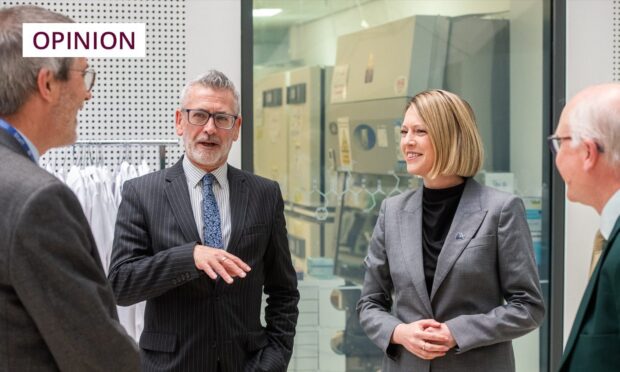
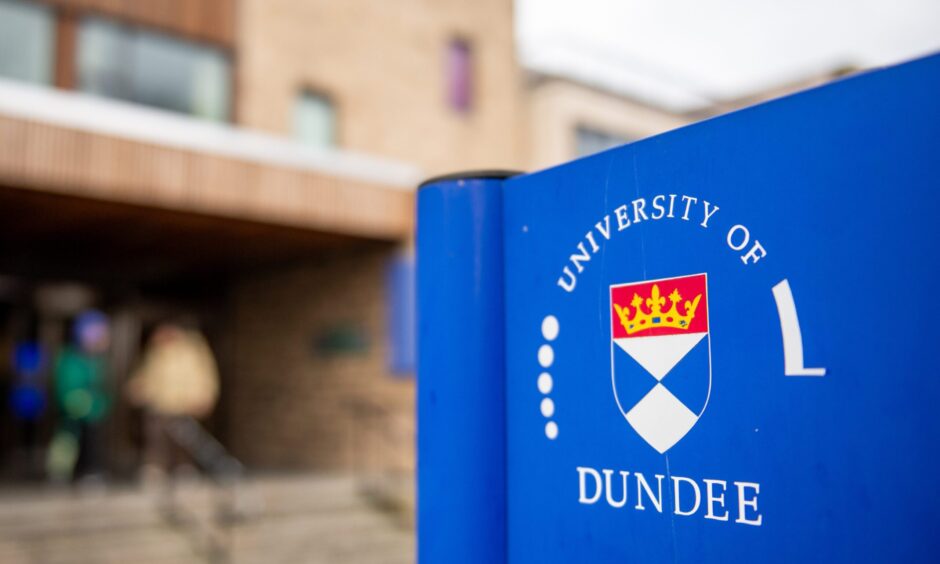

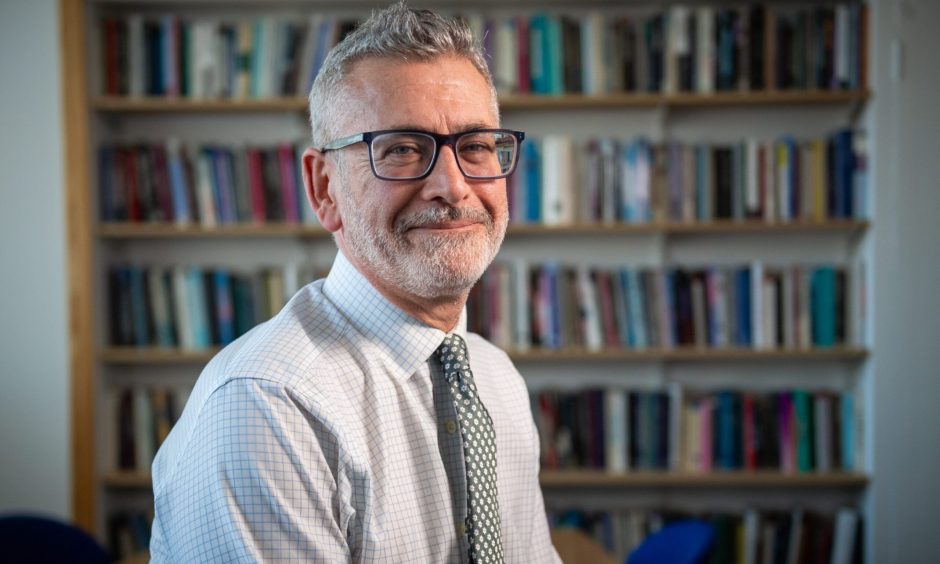
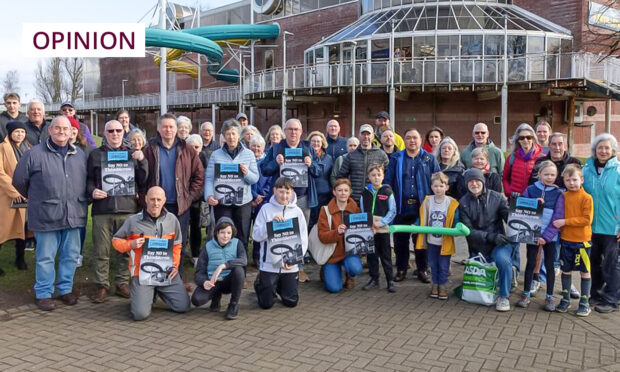
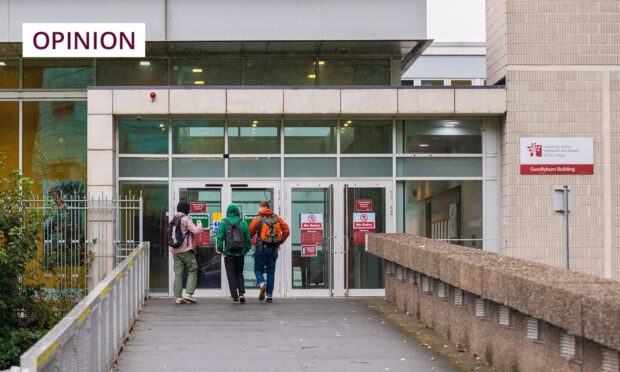


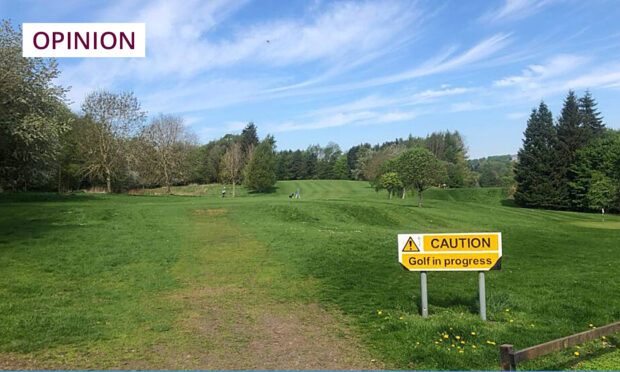

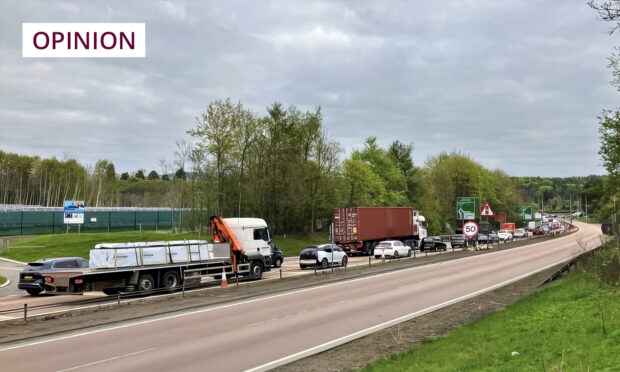
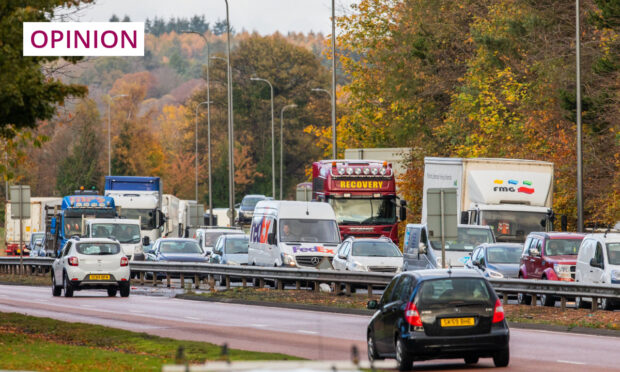
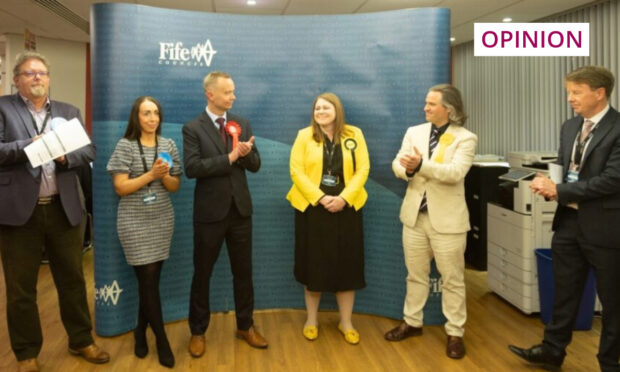

Conversation